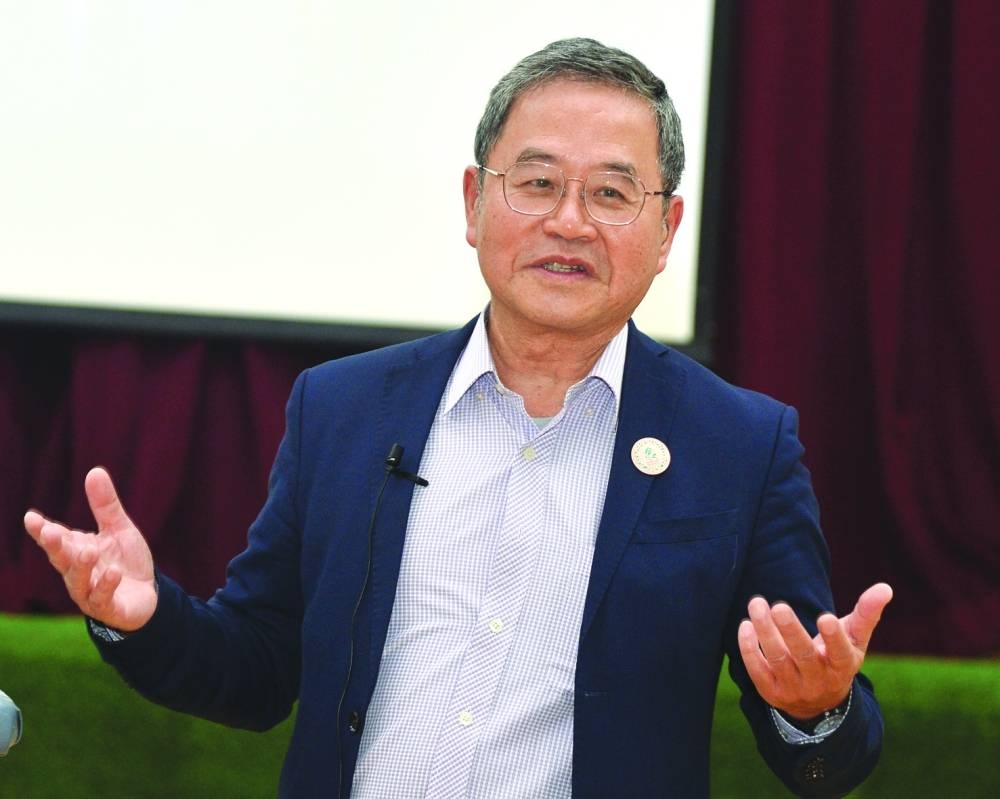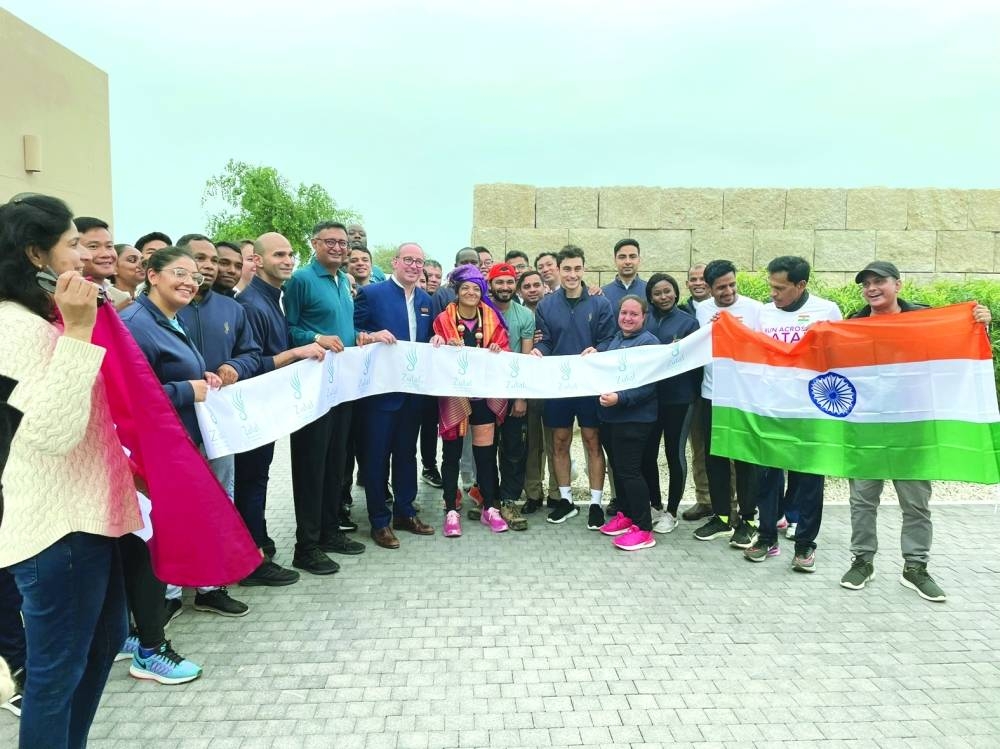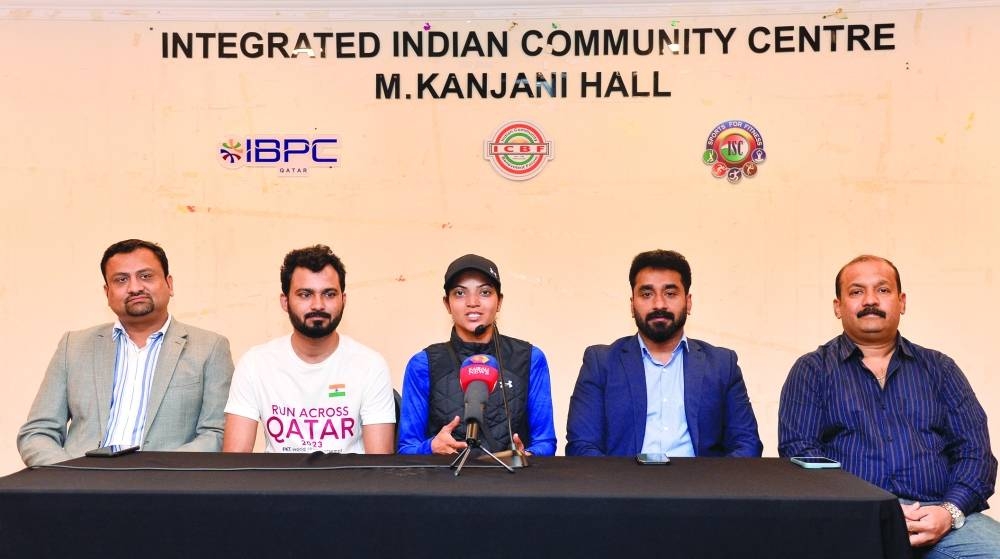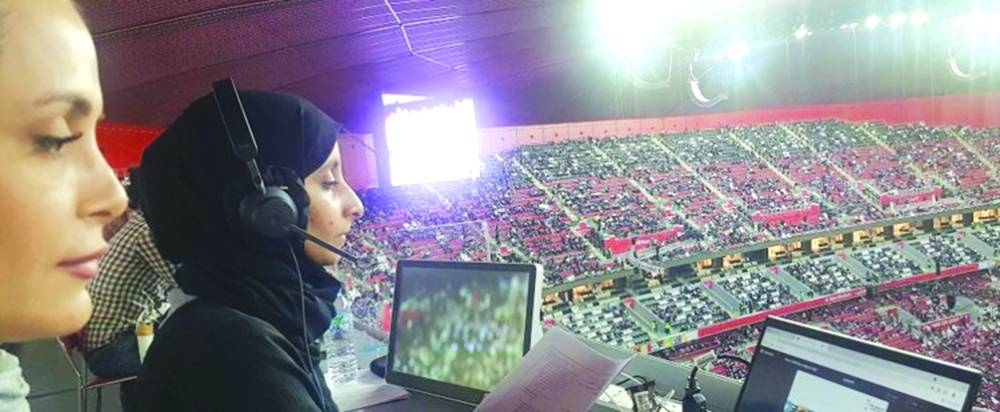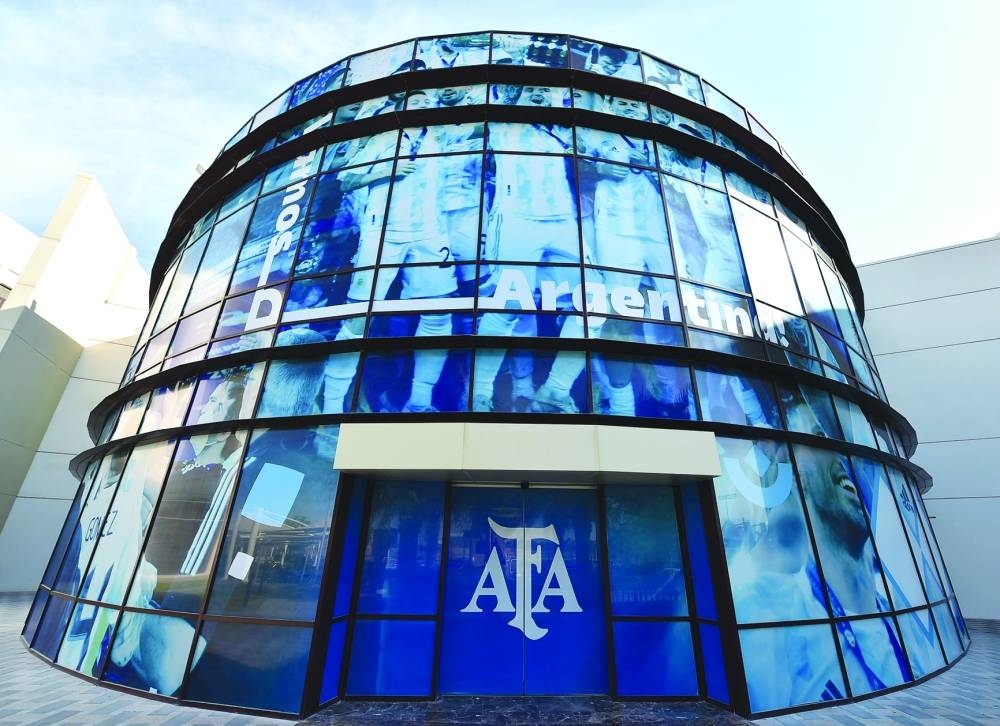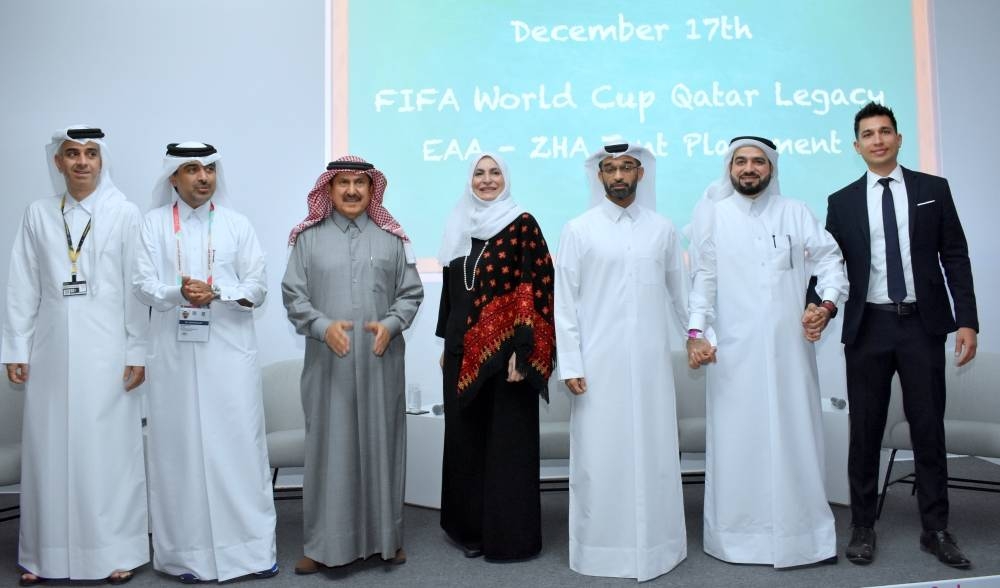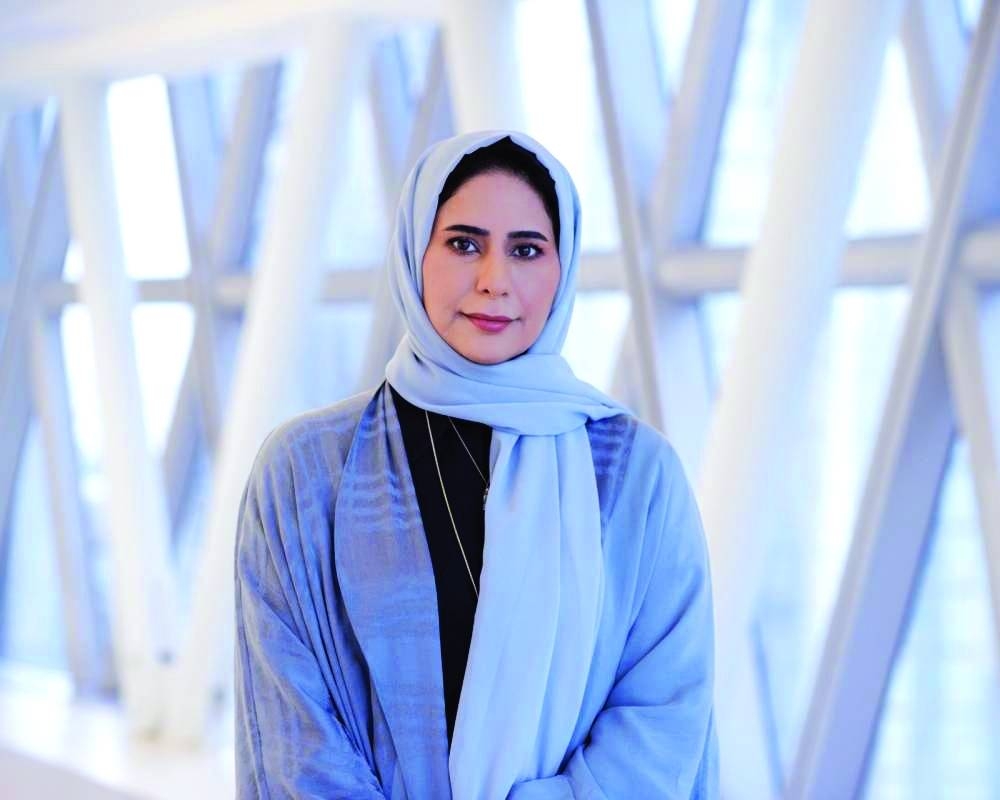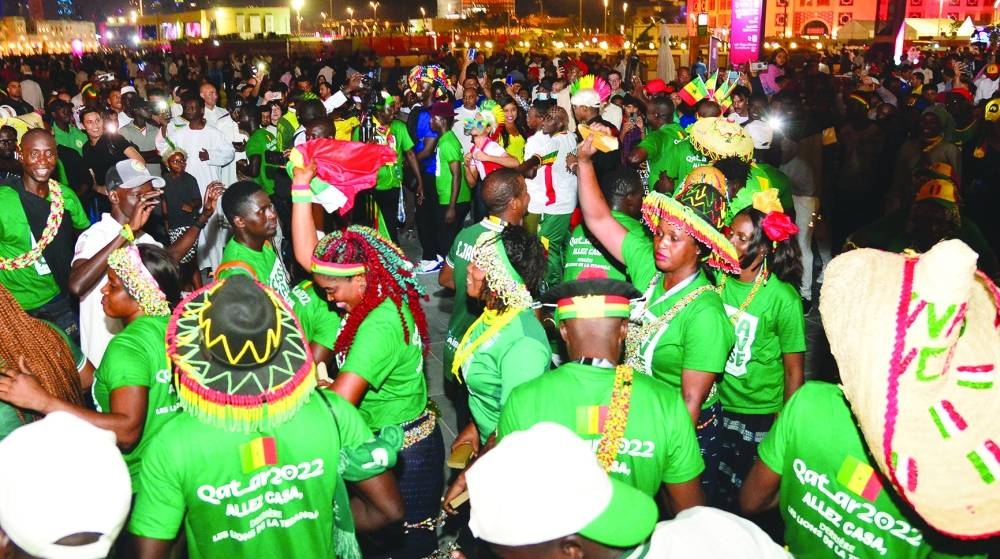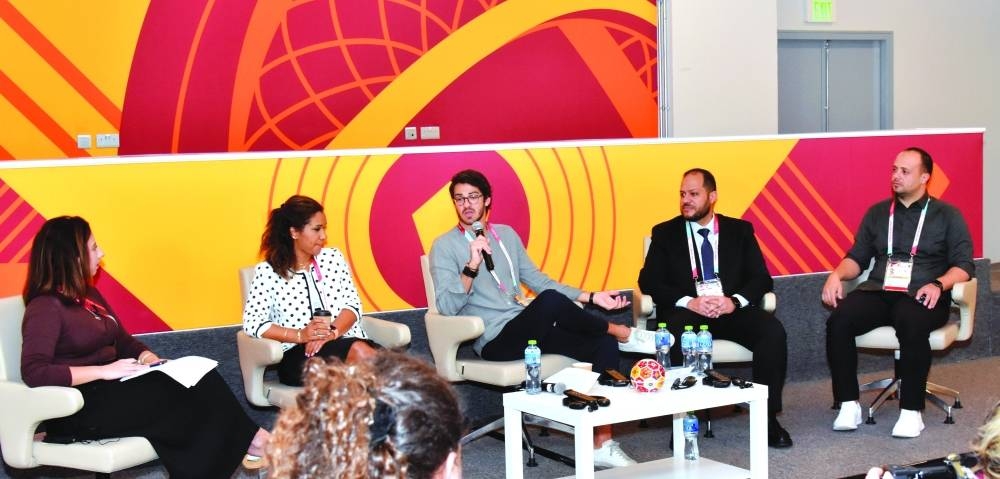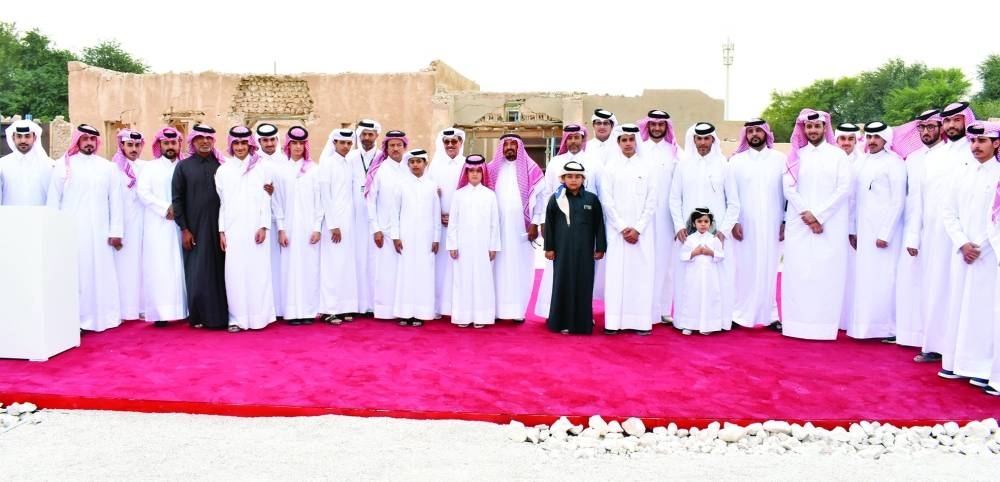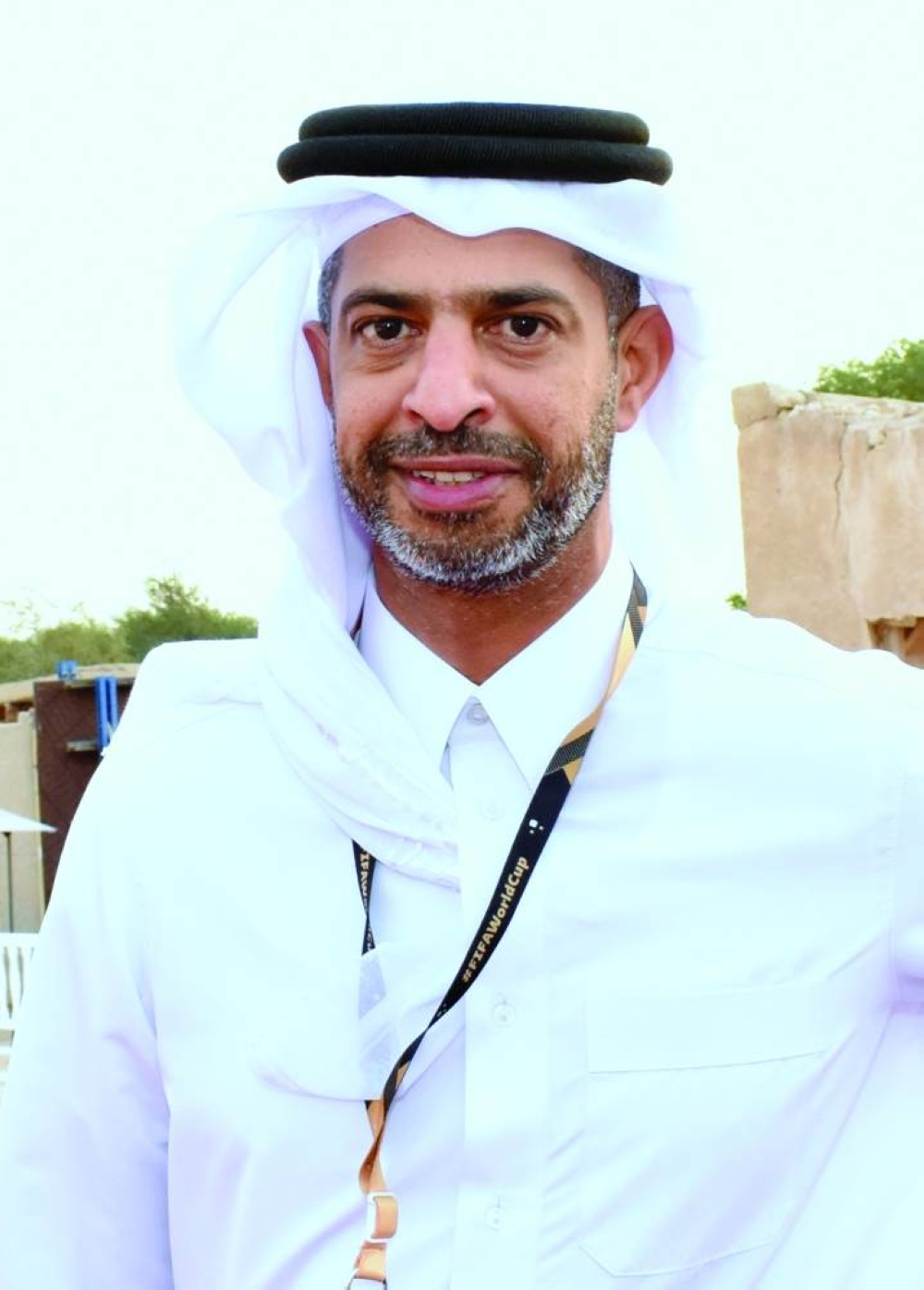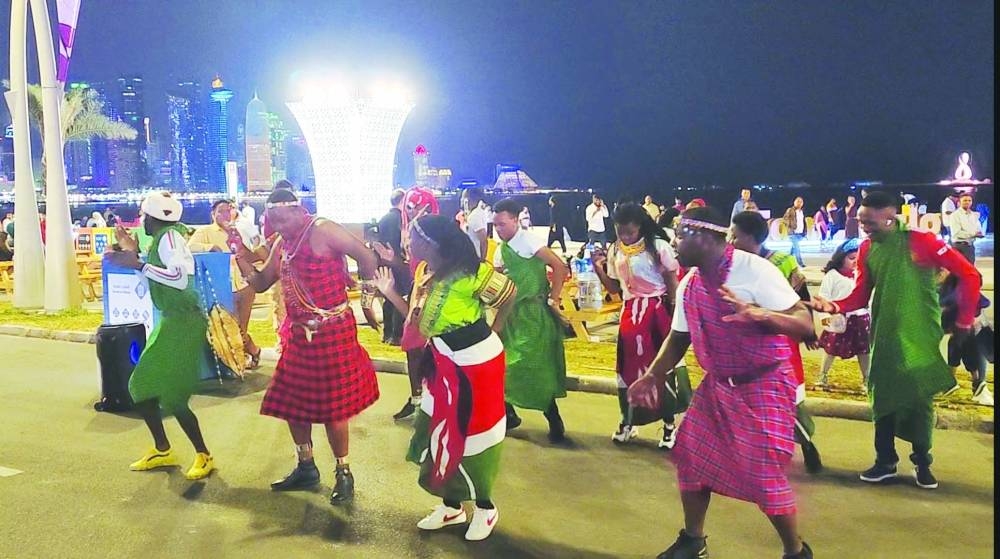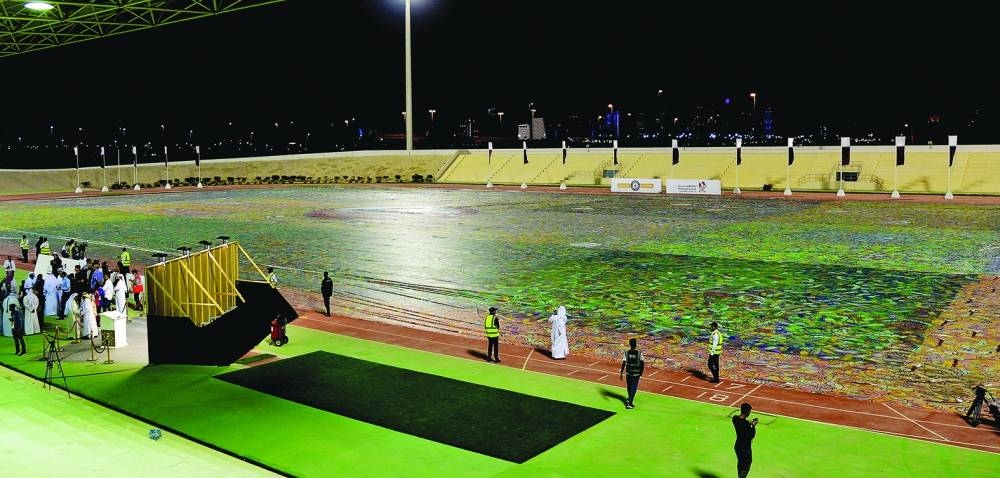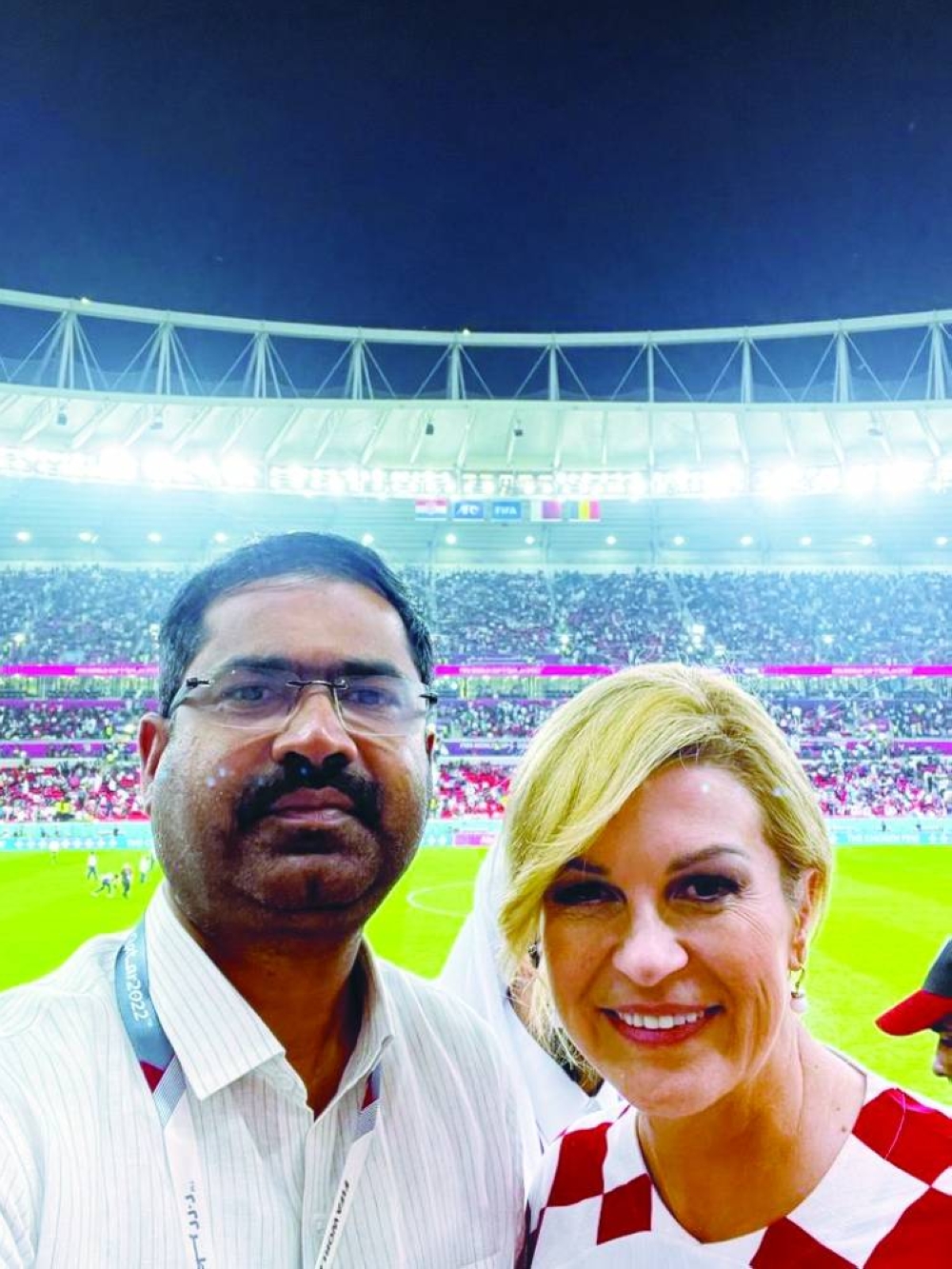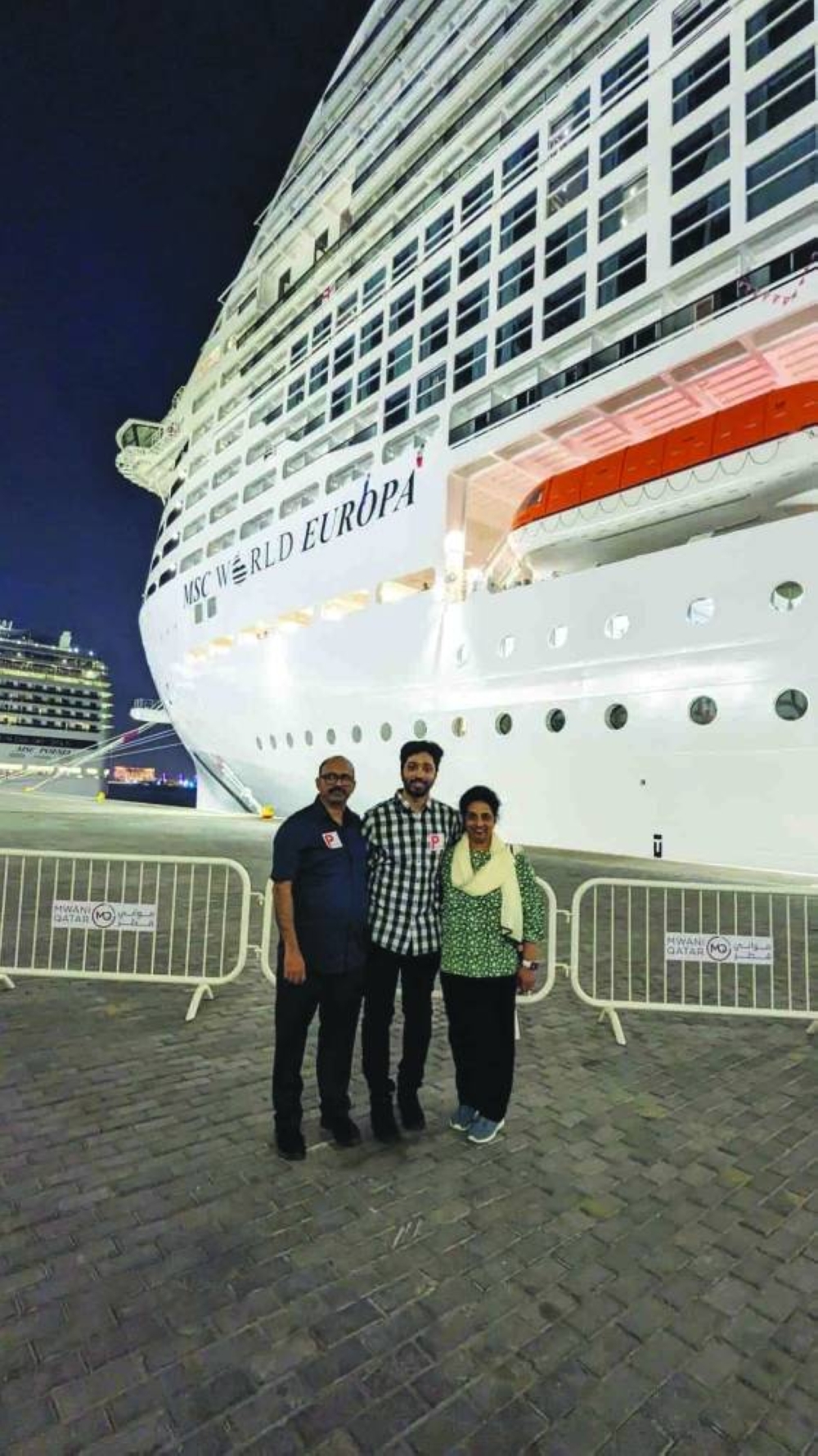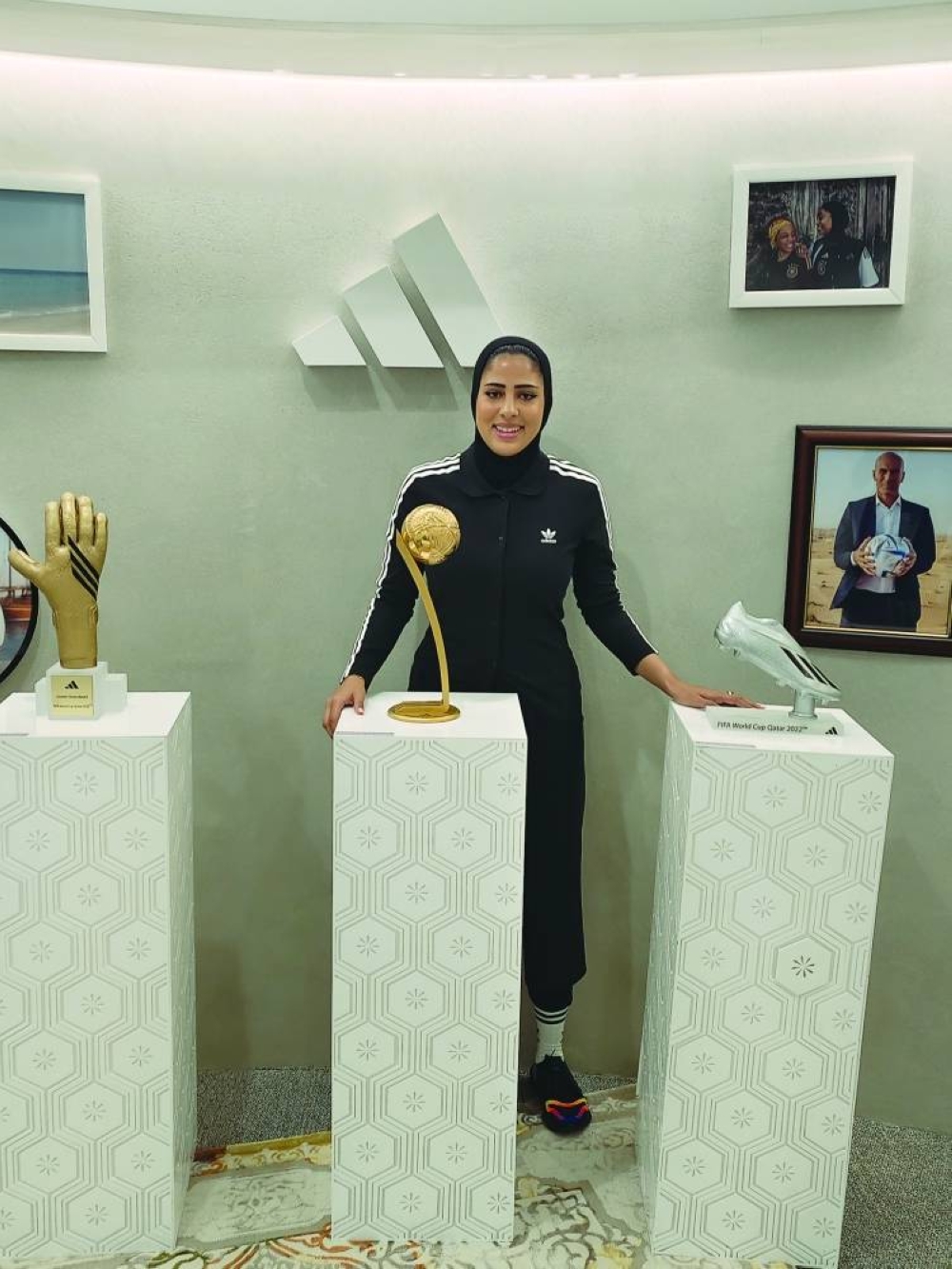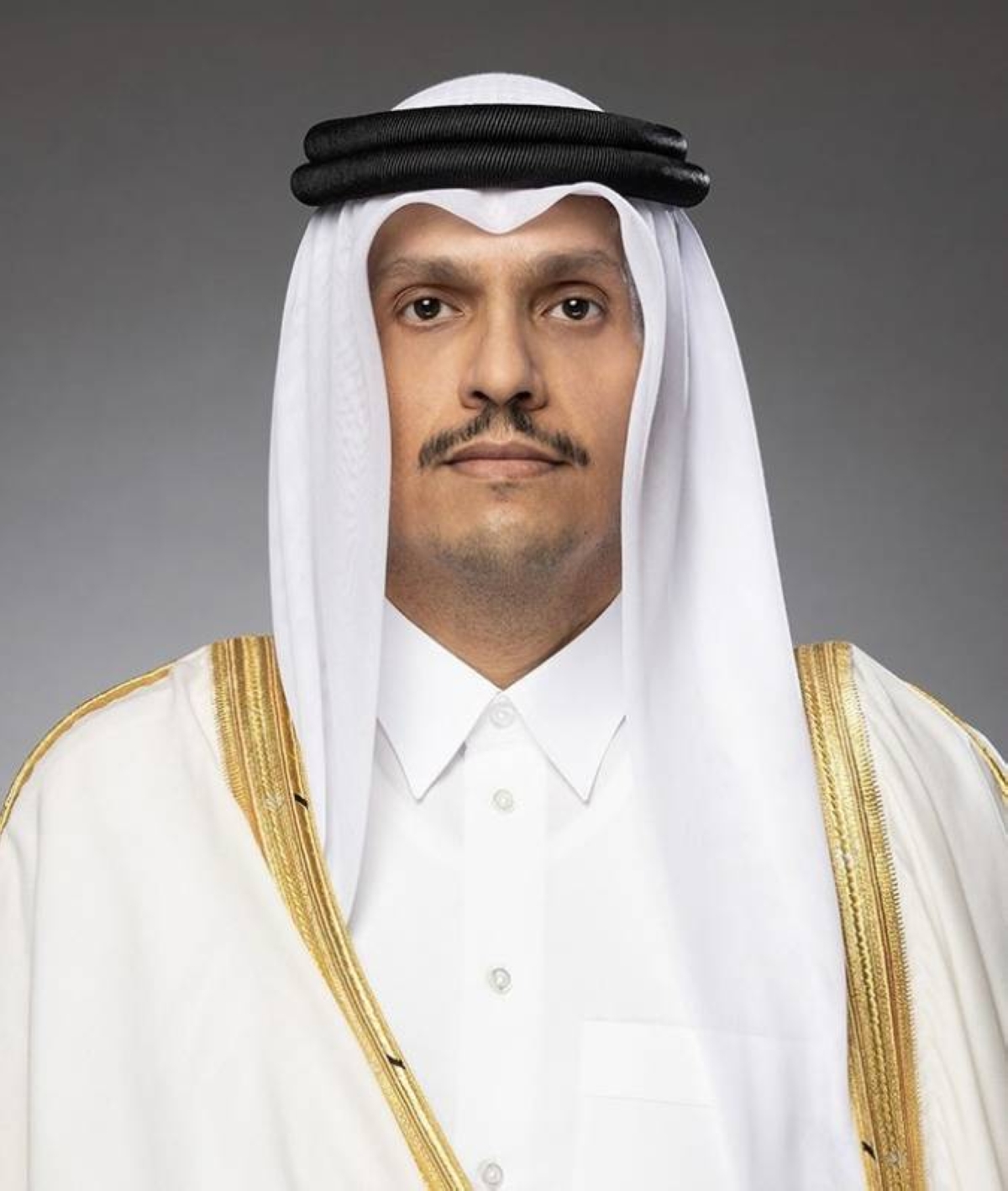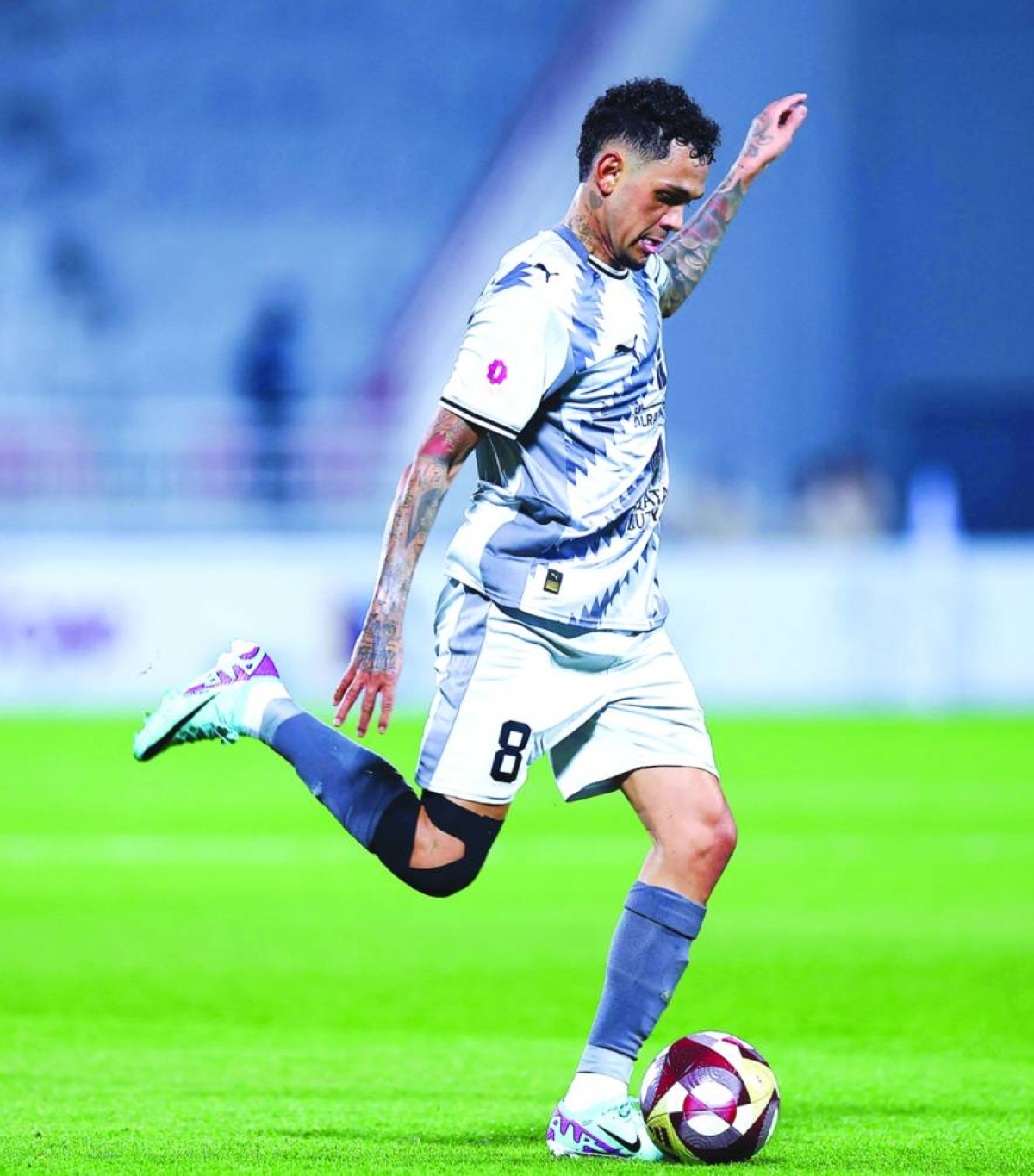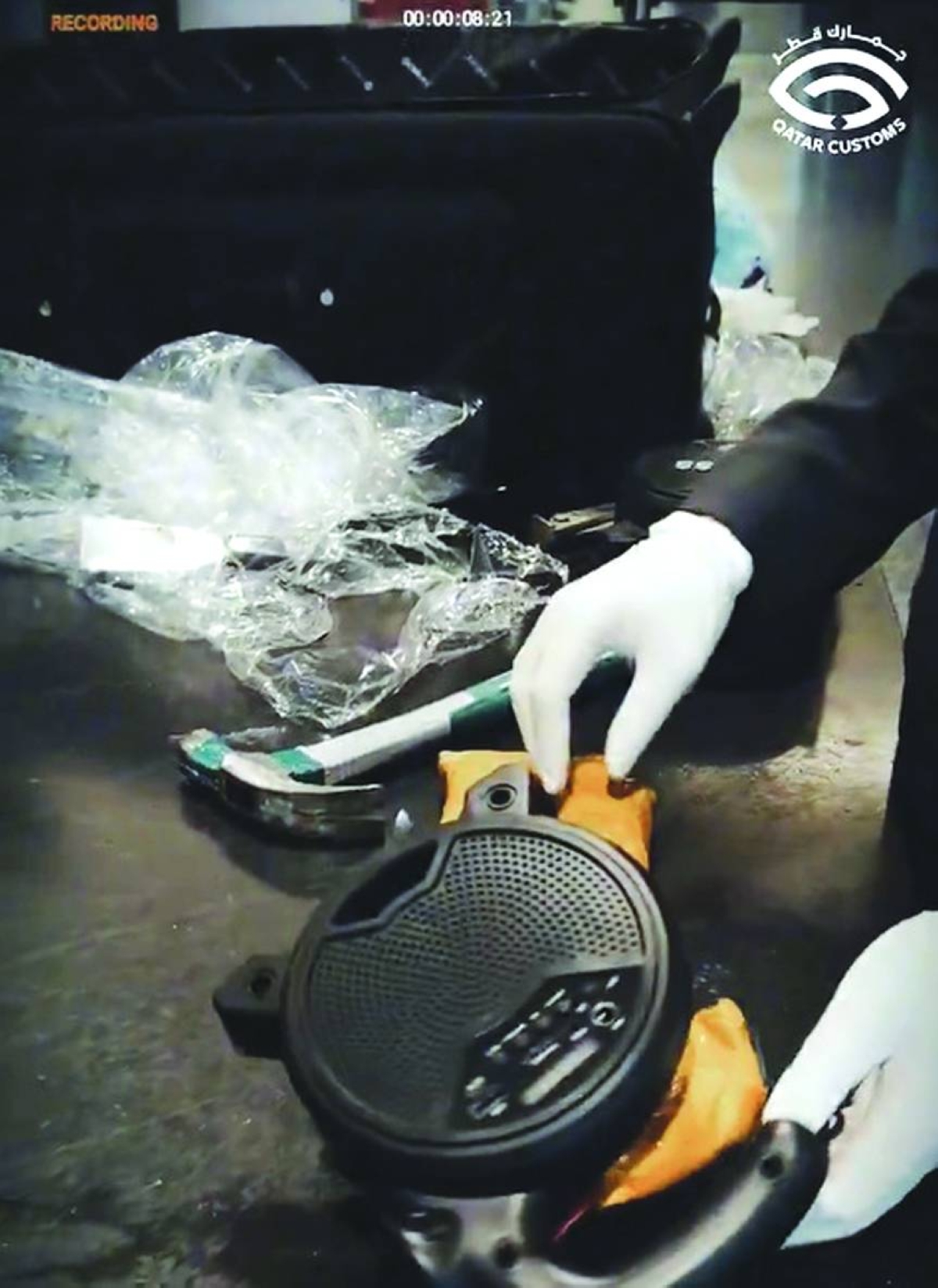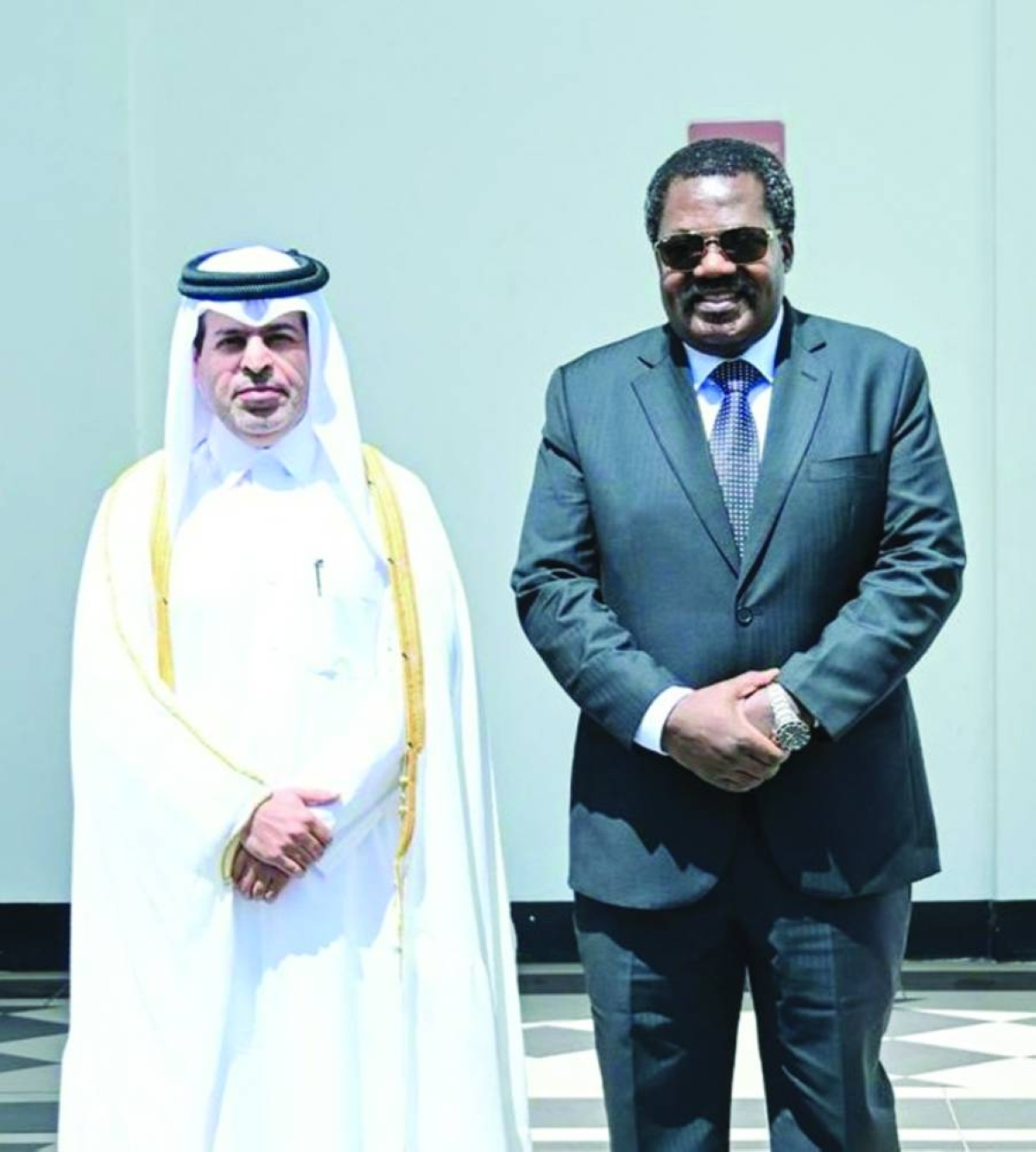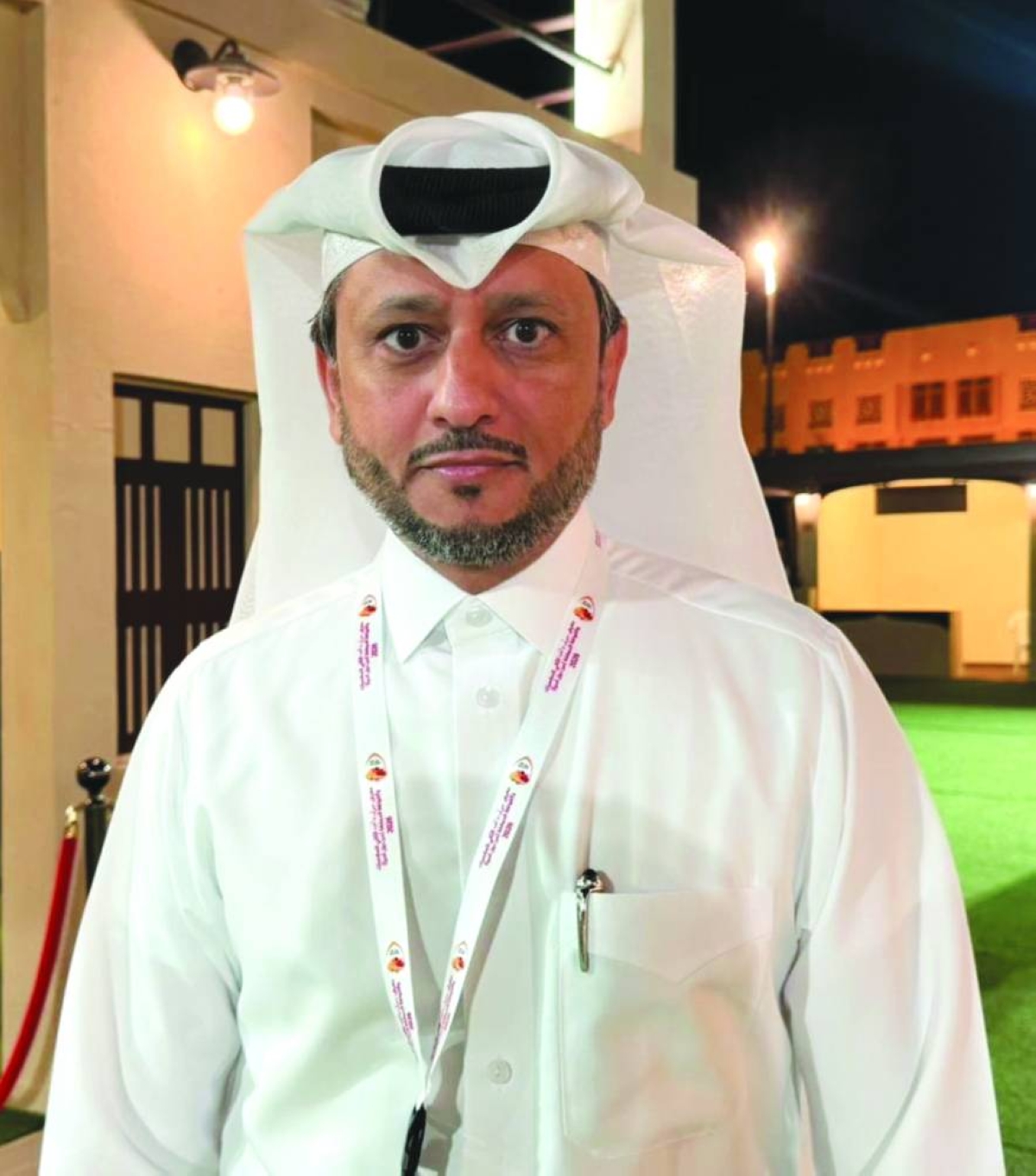Qatar is in the process of setting up a regional whale shark research, training and education centre for the entire Gulf and beyond, Gulf Times has learnt.“Qatar has the ideal situation for studying and carrying out research on whale sharks in the region. So we are already in the process of setting up a regional whale shark research, training and education centre for the whole region,” disclosed Prof John Man Kon Wong, adviser to the Assistant Undersecretary for Protection and Nature Reserves Affairs at the Ministry of Environment and Climate Change.The official was speaking to Gulf Times on the sidelines of a meeting by the Qatar Natural History Group on the topic ‘Qatar Marine Environment, Past Present and Future.’Two offices and one lab have already been set up for the purpose, Prof Wong said. He explained: “The ministry is very supportive about it. The Unesco is also interested in partnering with us. We have to go through the procedures with the UN and the Unesco and hope to complete the whole process within two years.”The marine expert noted that Qatar has a very rich marine diversity because of its location. “It is the only peninsula in the Gulf region and we have both the deep and shallow waters of marine life and the currents bring a lot of migratory spices to our shores. That is why we have dugongs, whale sharks among others and especially the whale sharks and dugongs feed in our water,” he said.Prof Wong revealed that Qatar is setting up a marine protected area to protect 30% of the waters of the country. He also pointed out that Qatar has a very unique and the best of the marine environment suitable for many of the species.“Qatar has the shallow coastal waters and the deepest off shore waters unlike many other countries in the region. Moreover we are in the middle of the region and the migratory birds that move through the region have to go through Qatar. It is the mid-point for them. Our features are very suitable for sea turtles. That is why we have the north and the east beaches with sea turtles nesting in large numbers and we have the queen turtles coming here for feeding on our sea grass beds,” he said.According to the expert, the greatest aggregation of dugongs in the world is in the Gulf between Qatar, Bahrain and the UAE. He also said that the largest congregation of whale sharks in the Gulf region takes place in the northern waters of Qatar in the summer.“We see the largest congregation of whale sharks in the region, north of Qatar in the summer months. Last August we went to study it and we found about 50 of them at a very small spot. They come here to feed on tuna fish eggs and it is actually happening in the north-east water of Qatar because of the geographic situation and the currents. The area is the centre in the Gulf for whale sharks congregation and therefore an ideal location to study more about them. After the feeding season, they move out to Saudi Arabia and out of the Gulf region,” added Prof Wong.

Joseph Varghese
A journalist with a penchant for reporting events, Joseph Varghese digs deep to unearth facts. With several years of experience, including at Gulf Times, Joseph handles health, science and technology, IT and education in addition to everyday developments.
Most Read Stories

